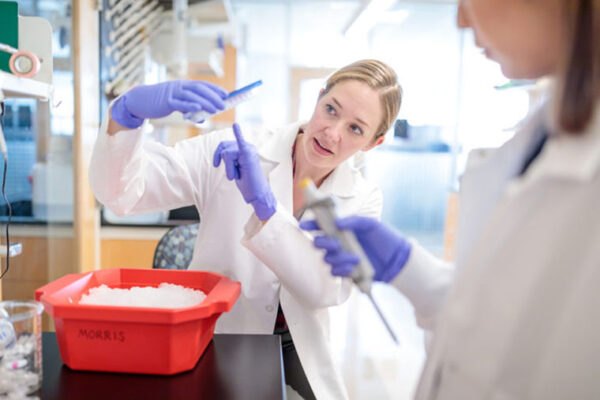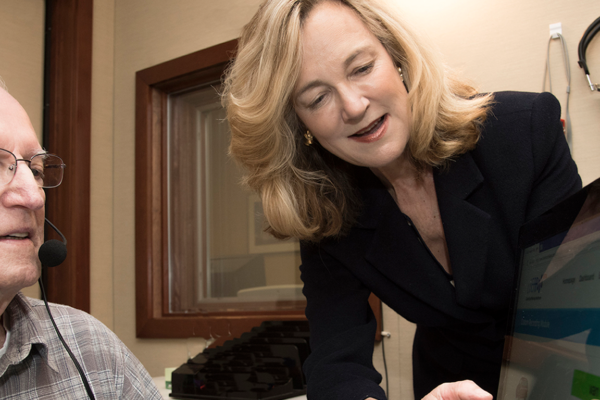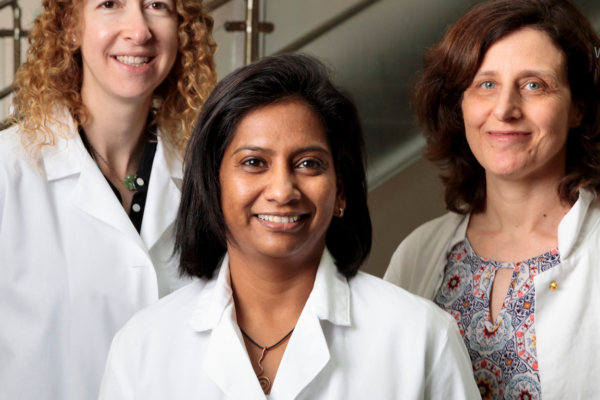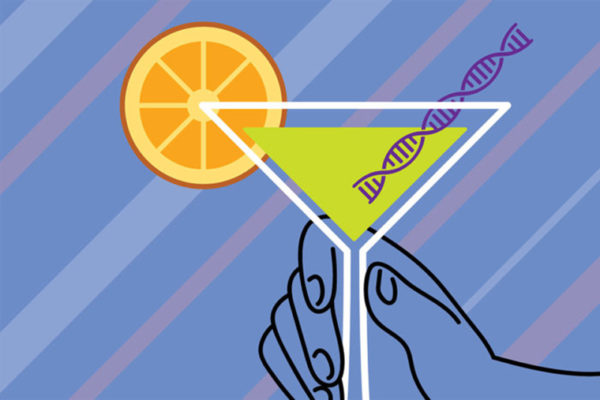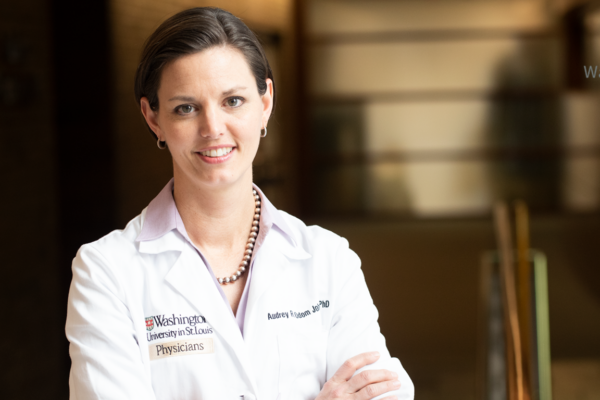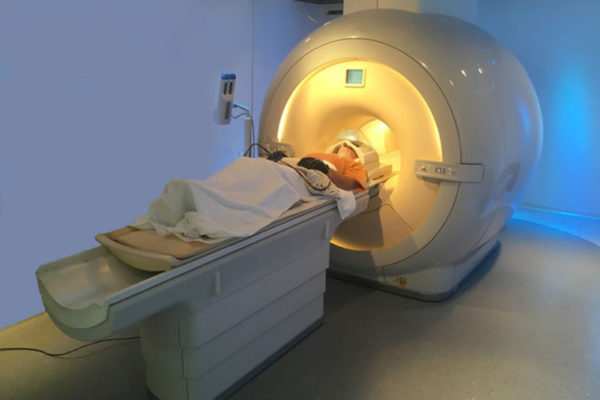Scientists design way to track steps of cells’ development
Scientists at Washington University School of Medicine in St. Louis have developed a new tool described as a “flight data recorder” for developing cells, illuminating the paths cells take as they progress from one type to another.
The Trailblazer: Nancy Tye-Murray
Nancy Tye-Murray, PhD, is the first female WashU faculty member to found a startup. clEAR trains people to hear better using their loved ones’ voices.
Rates of chronic kidney disease, deaths outpace other diseases
An abundance of high-sugar, high-salt foods in many American diets and obesity-related health problems such as diabetes are likely driving an increase in kidney disease cases, including in young adults, according to School of Medicine researchers.
$20 million gift boosts multiple myeloma research
A $20 million gift from Paula C. and Rodger O. Riney will help researchers at Washington University School of Medicine in St. Louis develop new treatments for multiple myeloma.
The Researchers: Battling deadly TB
Three of the most innovative TB researchers call Washington University School of Medicine in St. Louis their professional home. And they are all women.
AAAS names 11 Washington University faculty as fellows
Eleven faculty members at Washington University in St. Louis are among 416 new fellows selected by the American Association for the Advancement of Science (AAAS), the world’s largest general scientific society.
Alcohol dependence, psychiatric disorders share genetic links
An international team of researchers, including a team from the School of Medicine, has identified a gene that regulates how quickly the body metabolizes alcohol as a key risk factor for alcohol dependence. The researchers also linked genetic factors associated with alcohol dependence to other psychiatric disorders.
Probiotics no help to young kids with stomach virus
A major U.S. study led by School of Medicine researchers has found that a commonly used probiotic is not effective in improving symptoms of diarrhea and vomiting in young children with gastroenteritis.
The Fighter: Audrey Odom John
Audrey Odom John, MD, PhD, is on a mission to fight the spread of infectious diseases like malaria through better, faster, more nimble diagnostic tools.
MRI scans shows promise in predicting dementia
Doctors may one day be able to gauge a patient’s risk of dementia with an MRI scan, according to a new study from the School of Medicine. Using a new technique for analyzing MRI data, researchers were able to predict who would experience cognitive decline with 89 percent accuracy.
Older Stories
